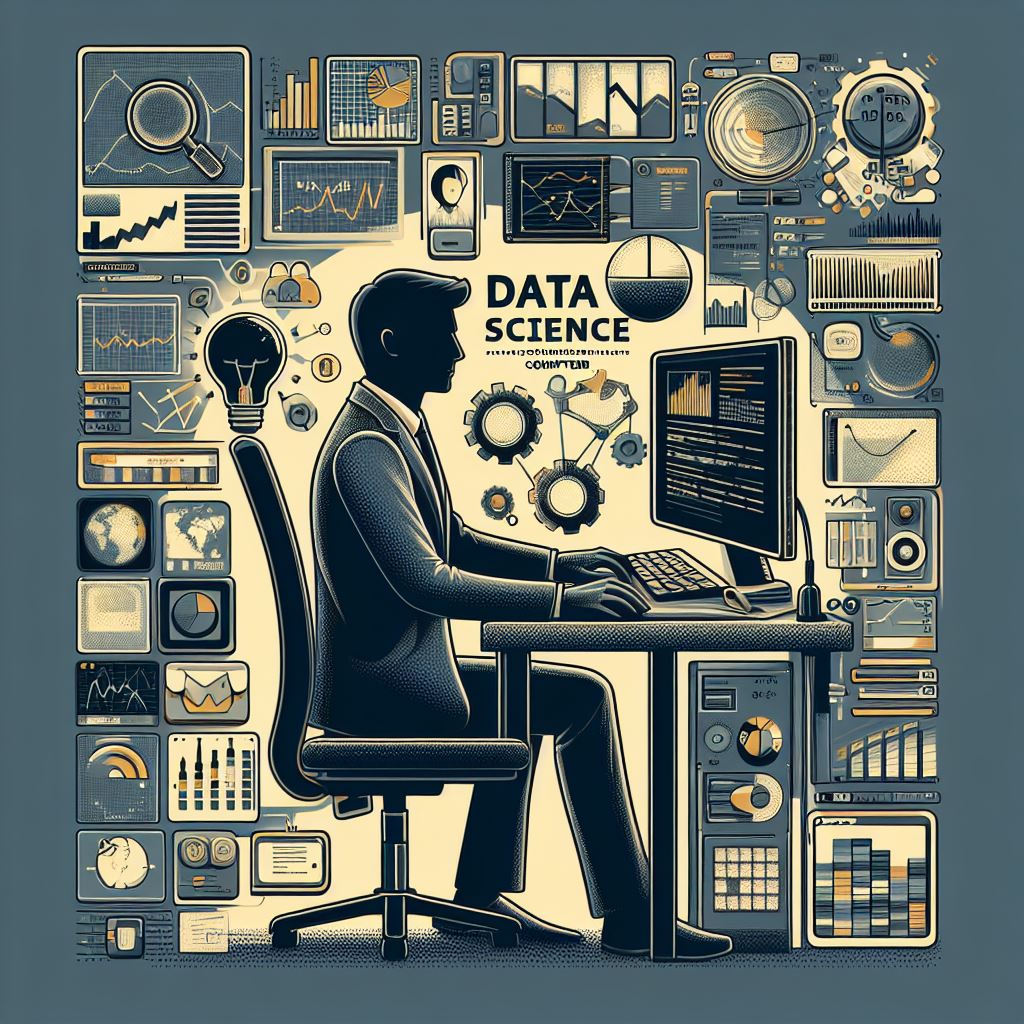Machine learning (ML) is transforming the healthcare industry, offering powerful solutions that enhance patient care, improve diagnosis accuracy, and streamline administrative tasks. By leveraging vast amounts of medical data, ML algorithms can help healthcare providers make more informed decisions, predict disease outcomes, and optimize treatment plans. This article explores the key applications of machine learning in healthcare and its potential to revolutionize the medical field.
One of the most prominent ML applications in healthcare is in the area of medical imaging. Traditional diagnostic methods often rely on human expertise, which can be error-prone or time-consuming. However, with ML-powered algorithms, healthcare professionals can analyze medical images like X-rays, MRIs, and CT scans more efficiently. These systems can detect abnormalities such as tumors, fractures, or infections with high accuracy, often outperforming human clinicians. By identifying these issues early, ML algorithms enable quicker intervention, improving patient outcomes.
Another impactful ML application is in predictive analytics for patient outcomes. By analyzing historical medical data, machine learning models can predict the likelihood of diseases, complications, or readmissions. For example, ML algorithms can predict the risk of heart disease based on a patient’s medical history, lifestyle, and genetic information. This allows healthcare providers to personalize treatment plans, prioritize at-risk patients, and reduce hospital readmission rates.
In the field of drug discovery, machine learning is helping researchers identify potential drug candidates faster and more cost-effectively. Traditionally, drug development is a lengthy and expensive process. However, with the help of ML, researchers can analyze complex biological data, identify patterns, and predict which compounds might be effective against specific diseases. This accelerates the discovery of new treatments and has the potential to bring life-saving drugs to market quicker.
Clinical decision support is another area where machine learning is making a significant impact. By integrating patient data from various sources, including electronic health records (EHRs), wearables, and diagnostic tests, ML systems can assist healthcare providers in making data-driven decisions. These tools help doctors by providing real-time recommendations for treatment plans, ensuring that patients receive the most appropriate care. As ML systems continuously learn and adapt from new data, their decision-making capabilities become more refined, enhancing the quality of care over time.
ML is also transforming healthcare operations through automation and optimization. Administrative tasks like scheduling, billing, and patient management can be time-consuming and prone to errors. By implementing ML-based solutions, healthcare providers can automate these processes, improving efficiency and reducing human error. For example, ML algorithms can predict patient appointment cancellations or optimize staff schedules based on historical data, ensuring that resources are allocated efficiently.
Despite the many advantages, there are still challenges to overcome in implementing ML in healthcare, such as data privacy concerns, regulatory hurdles, and the need for high-quality data. However, the potential benefits far outweigh these challenges, and as ML technology continues to advance, its applications in healthcare will only grow.
In conclusion, machine learning is poised to revolutionize healthcare by improving diagnosis, predicting patient outcomes, optimizing drug discovery, supporting clinical decisions, and streamlining healthcare operations. As these technologies continue to evolve, the healthcare sector will experience more efficient and personalized care, ultimately improving patient outcomes and reducing healthcare costs.
